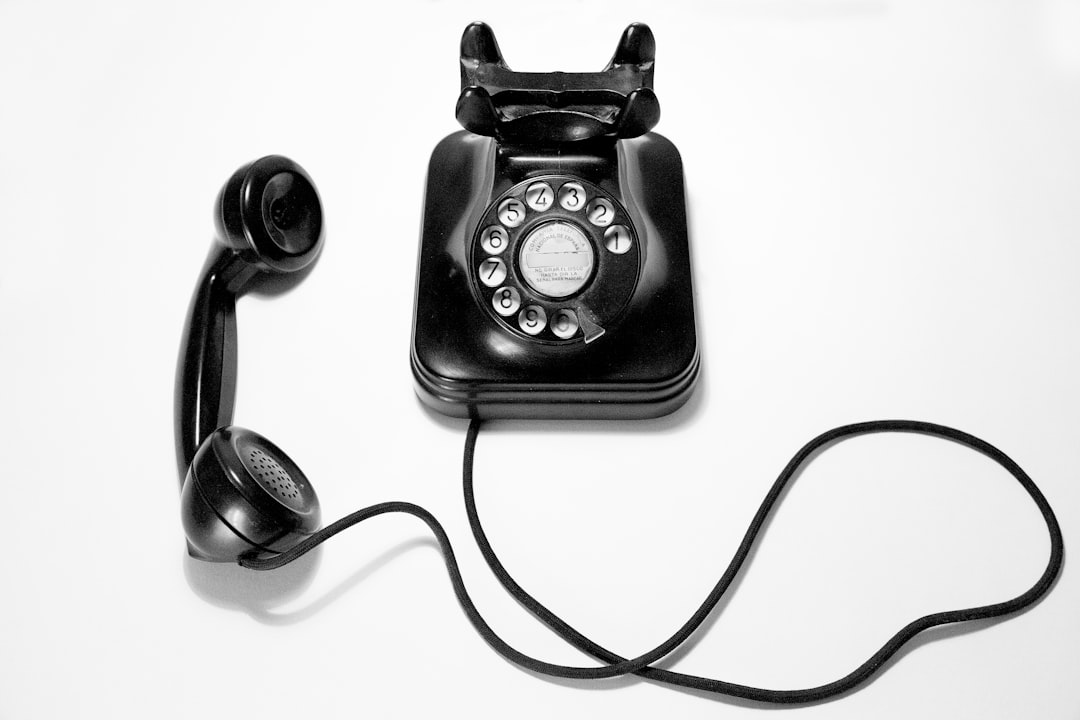The Telephone Consumer Protection Act (TCPA) protects consumers from unsolicited automated calls, texts, and faxes by defining key terms like "telecommunications device" and "prerecorded message." Businesses using automated messaging for marketing must obtain explicit consent in California and comply with TCPA regulations to avoid legal issues and penalties. Engaging a lawyer specialized in TCPA California provides valuable guidance on navigating these rules and maintaining a positive reputation.
“In the digital age, automation has transformed communication, but it also raises legal questions, particularly under the Telephone Consumer Protection Act (TCPA). This comprehensive guide aims to demystify TCPA regulations for automated messages. We’ll explore key definitions and the scope of the law, deciphering when automated communications trigger TCPA compliance requirements. Furthermore, we’ll offer strategic insights to help businesses and lawyers navigate this legal landscape in California, ensuring adherence and avoiding potential pitfalls.”
TCPA Law: Key Definitions and Scope

The Telephone Consumer Protection Act (TCPA) is a federal law designed to protect consumers from unsolicited telephone calls, texts, and faxes, ensuring their privacy and peace of mind. This legislation sets strict guidelines for businesses engaging in telemarketing activities, particularly when contacting consumers in California, where a lawyer for TCPA can provide specialized guidance.
Key definitions under the TCPA include “telecommunications device” (encompassing landlines, cell phones, and VoIP), “automatic dialing system,” and “prerecorded message.” The law’s scope covers calls placed for telemarketing purposes, which is broadly defined as any call made with the purpose of promoting or selling a product or service. Understanding these terms and their application is crucial when navigating the TCPA, especially for businesses aiming to comply and avoid potential legal repercussions, as advised by a California-based lawyer specializing in TCPA law.
Automated Messages: When Does TCPA Apply?

Automated messages, often sent en masse through text, email, or voice calls, are subject to regulation under the Telephone Consumer Protection Act (TCPA) in the United States. The TCPA, established in 1973, aims to protect consumers from intrusive and unwanted marketing practices, including automated communication. In California, where many businesses operate, understanding when the TCPA applies is crucial for companies utilizing automated messaging systems.
The act’s scope extends to any message sent using an automatic dialing system or prerecorded calls, ensuring that such communications are only initiated with explicit consent from the recipient. Businesses must obtain prior authorization before sending automated messages, especially for marketing purposes, to avoid potential legal repercussions and penalties. Engaging a lawyer specializing in TCPA California can provide valuable guidance on navigating these regulations and ensuring compliance to mitigate risks associated with automated messaging campaigns.
Compliance Strategies: Avoiding Legal Pitfalls

Compliance with the Telephone Consumer Protection Act (TCPA) is essential for businesses sending automated messages to avoid legal pitfalls. A crucial strategy involves obtaining prior express written consent from recipients, ensuring clear and concise opt-out mechanisms are provided in all communication. Working with a lawyer for TCPA California can help businesses establish robust internal policies and procedures to safeguard against violations.
Regular training of staff on TCPA regulations and best practices is another effective compliance strategy. This includes staying updated on legal precedents and changes in legislation, implementing automated opt-out systems, and maintaining detailed records of consent and communication. By adhering to these strategies, businesses can minimize the risk of costly lawsuits and maintain a positive reputation in the digital age.






